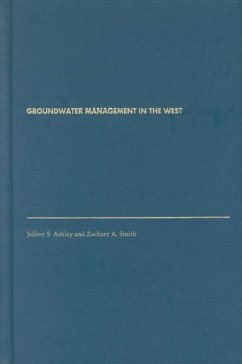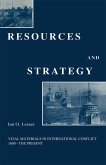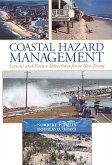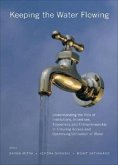One of the greatest conundrums facing the arid western United States is the availability, use, and quality of groundwater. In large sections of the West, groundwater is the only dependable source of water for agricultural production and home consumption. Yet many of the aquifers are being depleted at a rate that will suck them dry within a century. Furthermore, dependence upon groundwater in many areas will only increase in the future. This dependence is already having serious consequences for small towns on the Great Plains. Faced with growing costs associated with deeper wells and the need for ever more advanced technology for extracting water, these towns find they lack the resources to maintain current agricultural practices. In this timely assessment of the West's groundwater resources, the authors provide a detailed overview of groundwater management in the Western states. The authors present for each state the various management strategies, laws, and political realities that have made groundwater appropriation such a volatile subject. They also suggest possible difficulties that states and regions might face under current groundwater policies. By examining separate cases and viewing the West as a whole, the authors are able to identify not only the most pressing problems but also the most appropriate management techniques for protecting water supplies for future use.








